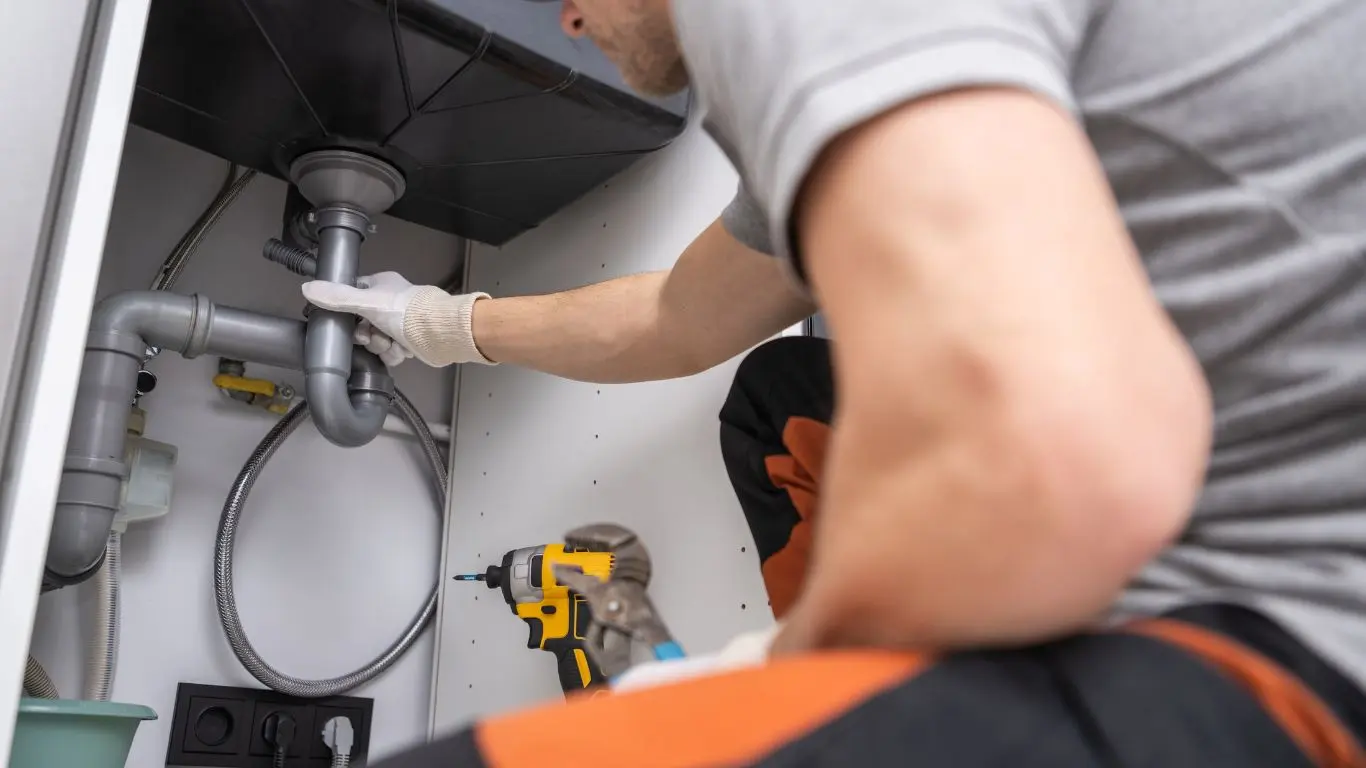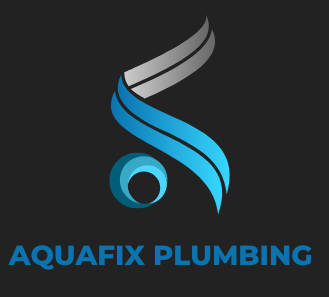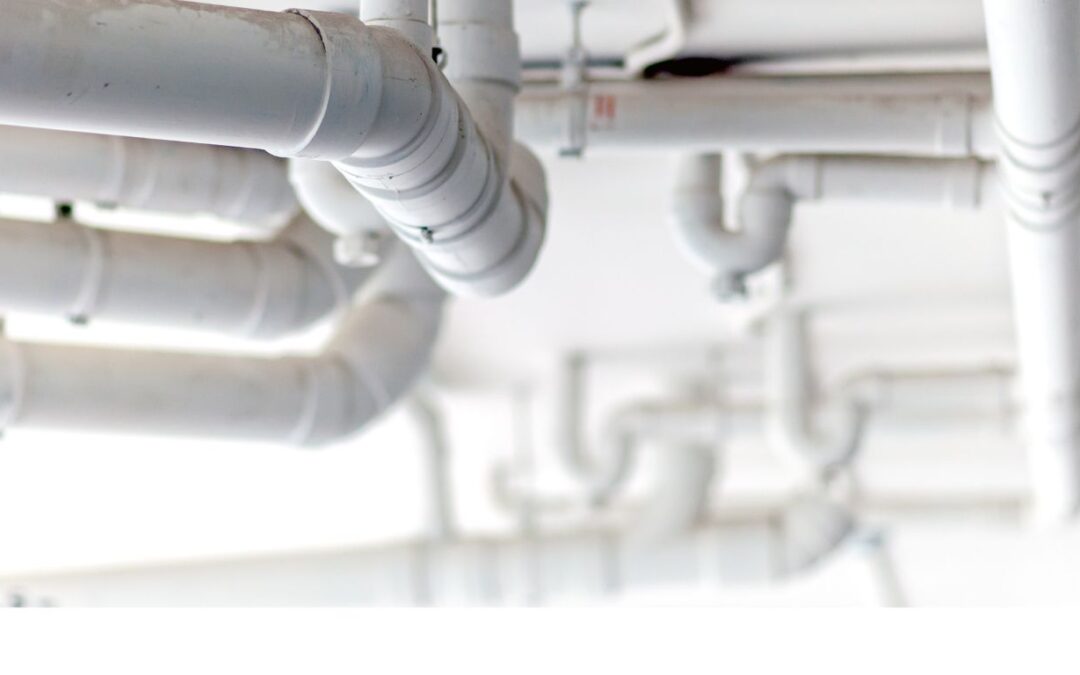A Hillcrest Homeowner's Guide to Troubleshooting Noisy Water Pipes
Uncovering the cause
Each type of noise coming from your plumbing system can can give you an idea what the problem could be.
- Water Hammer (Banging or Clanging): This abrupt, startling noise typically results from a sudden change in water flow velocity, causing a pressure wave within the pipes.
- Whistling: High-pitched whistles often indicate water forcing its way through a partially closed valve or a constricted pipe section.
- Ticking or Clicking: These repetitive sounds frequently arise from the expansion and contraction of pipes due to temperature fluctuations.
common culprits
Several factors contribute to noisy water pipes. Contact us for leak detection
- Loose Pipe Fasteners: Over time, pipes can become lose from their supports, leading to vibrations against walls and structural elements.
- Elevated Water Pressure: While the eThekwini Municipality targets a water pressure range of 40-60 psi,exceeding this can stress your plumbing system.
- Deteriorated Washers and Seals: Worn-out components within faucets and valves can create rattling or clicking sounds.
- Sediment Buildup in Water Heaters: Mineral deposits accumulating within your water heater can cause rumbling or knocking noises.
solutions
Before contacting a professional, consider these potential remedies:
- Secure Loose Pipework: Thoroughly inspect exposed pipes and tighten any loose straps or clips. Adding padding between the pipes and adjacent surfaces can further dampen vibrations.
- Pressure Relief Valve Assessment: If high water pressure is suspected, carefully evaluate the pressure relief valve (typically located near the water meter). However, consult a licensed plumber before making any adjustments.
- Pipe Insulation: Applying foam insulation to noisy pipes, especially hot water lines, can minimize sound transmission and mitigate expansion-related noise.
- Water Heater Flushing: If the noise seems to originate from your water heater, flushing it to remove sediment buildup may resolve the issue. Refer to your manufacturer’s instructions for the recommended procedure.
Need a Plumber in Hillcrest or Surrounding Areas?
We’re your local experts for fast, reliable plumbing service. We handle everything from leaks and clogs to installations and repairs, always with upfront pricing.

FAQ
How do I stop my water pipes from being loud?
Secure loose pipes, lower water pressure, or install water hammer arrestors. A plumber can help with all three.
If you’re hearing banging noises in your plumbing system, it could be due to air chambers or high water pressure. Noisy water pipes, especially copper pipes, can make loud sounds when water flows through them. A faulty water pressure regulator, shut off valve, or water supply valve may be to blame. In some cases, turning the water on or off can temporarily fix the issue, but addressing the root cause, such as air in the water line or problems with the hot or cold water lines, is essential to prevent further disturbances.


Recent Comments